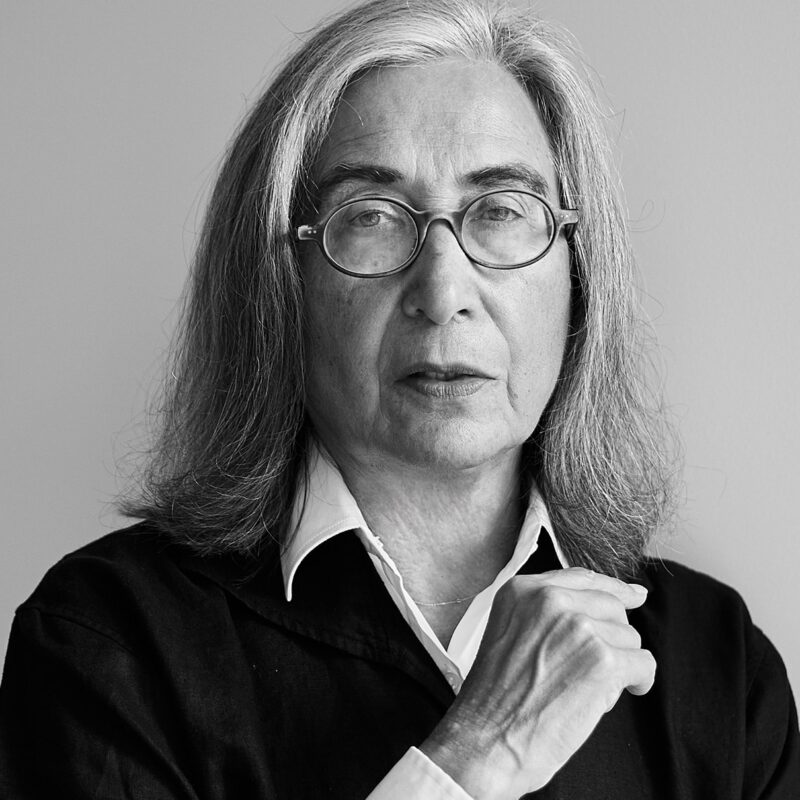A clean slate, a fresh sheet of paper, a bride in a white gown: white so often indicates the start of something new. It’s no wonder so many brands use it to signal open possibility.
Culturally, the meanings of the color white can be vast. It often symbolizes purity and innocence because it is so easily dirtied, like white snow or even white socks. Psychologically, white may help induce productivity by encouraging clarity and deterring clutter. Neutral and clean, the color inspires creativity and fresh thought.
Contexts and regions can impact connotations and associations. As the color of peace, we perceive a white dove as tranquil and a white flag as a sign of surrender. Yet in China or India, white is the color of mourning and death.
Top brands have used white to evoke purity and truthfulness, as well as being contemporary and refined. But its meaning can also change based on what surrounds it or what it contains.
Nike, a brand known for its extreme simplicity and minimalism, regularly juxtaposes their signature white swoosh against a black background or vice versa. This emphasizes Nike’s identity as a company that focuses on the black-and-white determination needed to become a great athlete. It’s about the effort you put in. You either “Just Do It,” or you don’t.
Subscribe to Our Newsletter

The white coats of doctors have an interesting history. Physicians began to wear white in the nineteenth century to dissociate their profession from common mysticism and unreliable remedies. As medicine became considered more of a science, physicians adopted white lab coats as their daily attire—setting themselves apart from the doctors who wore gloomy black robes in centuries past, when hospitals had a much higher death rate. These doctors donned white to signal hope for recovery. They wanted to convey that the hospital was no longer a place of death but a place of healing.
Today, white has become the standard for modern design, indicating contemporary yet simple spaces or products. Apple has made white space, geometric structures and simplicity the core features of their retail stores. As a result, white has become an inherent part of modern and futuristic design, conveying innovation and pure potential.
Want to talk about the role of the color white in your brand story? Let’s talk
Originally published August 21, 2021.



